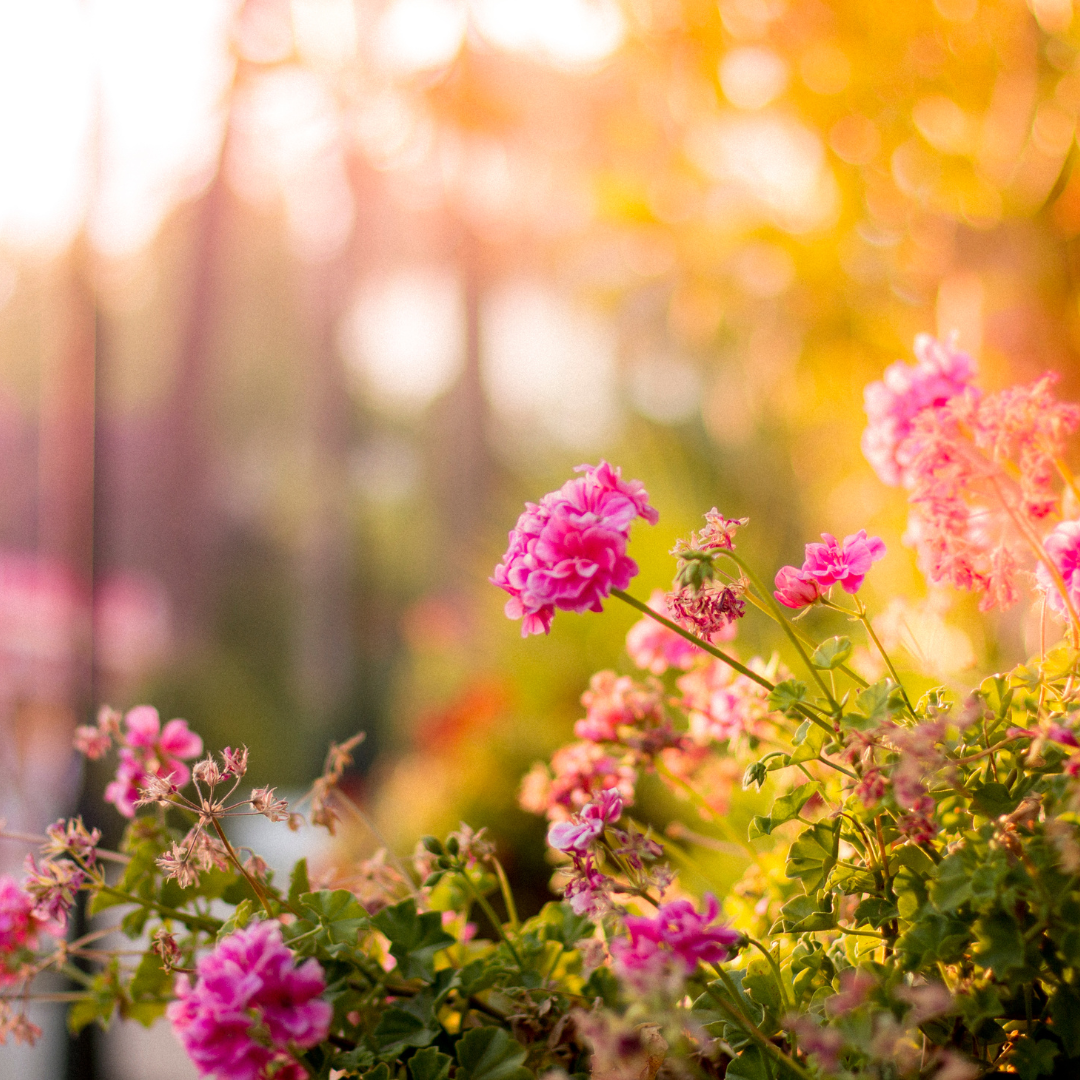A sustainable garden not only enhances the beauty of your home but also contributes positively to the environment. By implementing eco-friendly gardening practices, you can create a thriving, low-maintenance garden that supports local biodiversity. Here’s how to get started, from composting to choosing native plants.
1. Start Composting
Composting is a fundamental practice for any sustainable garden. It recycles organic waste, reducing landfill use and producing nutrient-rich soil for your plants. Here’s how to get started:
- Collect Organic Waste: Gather kitchen scraps (fruit and vegetable peels, coffee grounds, eggshells) and yard waste (grass clippings, leaves, small branches).
- Choose a Compost Bin: You can buy a compost bin or make your own. Place it in a well-drained area with good air circulation.
- Balance Green and Brown Materials: Alternate layers of green materials (nitrogen-rich) and brown materials (carbon-rich) to maintain a healthy compost pile.
- Turn Regularly: Aerate your compost by turning it every few weeks to speed up decomposition.
2. Use Organic Mulch
Organic mulch, such as wood chips, straw, or leaves, helps retain soil moisture, suppress weeds, and add nutrients to the soil as it decomposes. Apply a thick layer around plants, being careful not to pile it against stems or trunks.
3. Collect Rainwater
Reduce your dependence on municipal water by installing a rain barrel. Collecting rainwater for irrigation conserves water and reduces runoff. Position the barrel under a downspout, and use the collected water to hydrate your garden during dry spells.
4. Plant Native Species
Native plants are adapted to your local climate and soil, making them more resilient and less resource-intensive. They also provide essential habitat and food for local wildlife, including pollinators like bees and butterflies. Here’s how to incorporate native plants:
- Research Local Species: Identify plants that are native to your region and suitable for your garden’s conditions.
- Group by Water Needs: Plant species with similar water requirements together to optimize irrigation.
- Diversify Your Garden: Include a mix of trees, shrubs, perennials, and annuals to create a balanced ecosystem.
5. Practice Water-Wise Gardening
Water efficiently to conserve this precious resource:
- Water Early or Late: Water your garden in the early morning or late evening to reduce evaporation.
- Use Drip Irrigation: Drip systems deliver water directly to the plant roots, minimizing waste.
- Mulch Heavily: As mentioned earlier, mulch helps retain soil moisture, reducing the need for frequent watering.
6. Avoid Chemical Pesticides and Fertilisers
Chemical pesticides and fertilizers can harm beneficial insects, contaminate water sources, and degrade soil health. Opt for natural alternatives:
- Encourage Beneficial Insects: Ladybugs, lacewings, and predatory beetles can control pest populations.
- Use Organic Fertilizers: Compost, manure, and fish emulsion enrich the soil naturally.
- Practice Crop Rotation: Rotating crops prevents soil depletion and reduces pest and disease buildup.
7. Create Wildlife Habitats
Support local wildlife by incorporating habitat features into your garden:
- Install Birdhouses and Feeders: Attract birds that help control pests and pollinate plants.
- Add a Water Feature: A small pond or birdbath can provide drinking and bathing water for birds, insects, and other animals.
- Plant a Variety of Flowers: Different bloom times ensure a consistent food source for pollinators throughout the growing season.
8. Implement No-Dig Gardening
No-dig gardening improves soil structure and health by minimizing disturbance. Instead of tilling, layer organic materials on top of the soil. This method encourages earthworms and microorganisms to thrive, enhancing soil fertility naturally.
Creating a sustainable garden involves thoughtful planning and ongoing commitment to eco-friendly practices. From composting kitchen scraps to planting native species, each step contributes to a healthier, more vibrant garden and a better environment. Embrace these sustainable gardening practices to enjoy a beautiful, resilient garden that benefits both you and the planet.





